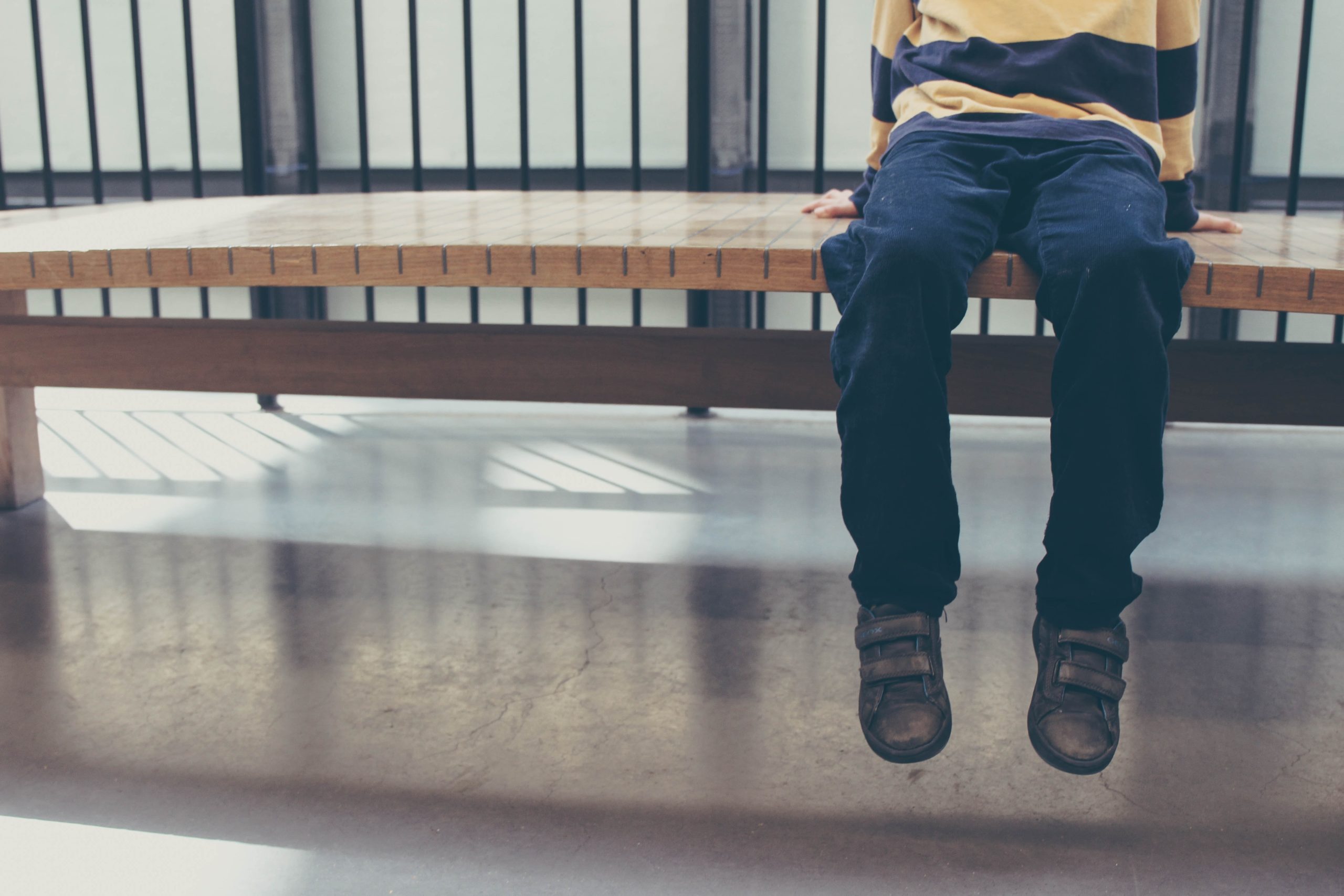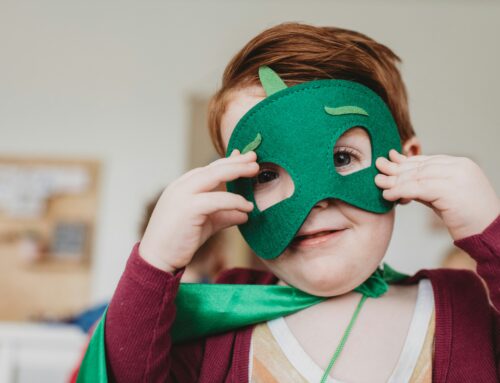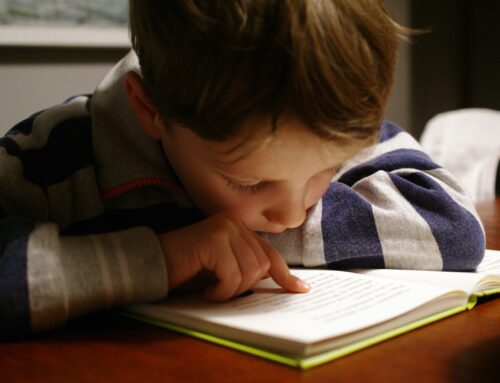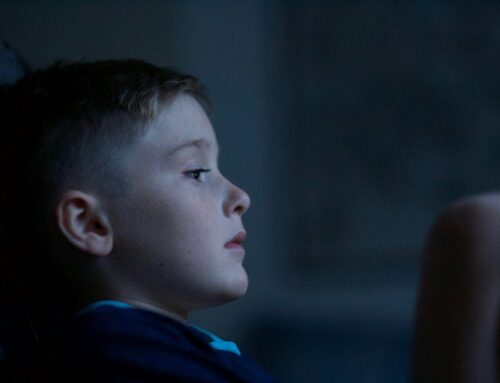Depression impacts a huge percentage of the young and old population across the U.S. and the world. However, noticing warning signs in children who are already enduring hormonal changes and friendship struggles can be a challenge. In this article, we will explore some of the less noticeable signs of depression you might notice in children.
Changes in Sleeping Habits
Sleeping is crucial for the body’s recovery and is essential in order for all of your internal systems to operate properly. Your child might be having trouble sleeping, and that may seem normal, especially in this day and age. Sticking to a normal sleep schedule with the influence of technology, can be difficult for younger children. Restlessness caused by busy days or bad diets is extremely common. However, if you notice severe changes in your child’s sleeping habits, this might be a sign of depression.
Excessive Irritability
Let’s face it, everyone gets irritable when cohabitating once in a while! This is especially true for moody teenagers and parents trying to navigate the process of watching their children grow older. If your child is usually kind in nature and is showing signs of irritability around teachers, mentors, friends parents’, or anyone similar, this might be cause for concern. Try checking in with your child to see if they will express how they are feeling. Keep a close eye on them to see if certain situations trigger this behavior. (1)
Fear of Leaving the Home
It is normal for children to enjoy staying in the comfort of their own living space — especially after the past 2+ years of isolation due to the pandemic! However, social anxiety is very, very real. If your child is showing signs of severe distress when having to go to school, study with friends, or participate in extracurricular activities, it might be time to chat with your child’s pediatrician to find out what the root of the problem is.
Giving Away Items That Were Once Valuable
If your child has become more generous than normal, especially when it comes to their beloved items such as studded animals, trinkets, or blankets, this might be a sign of mental illness such as depression. Watch carefully to see if your child is simply purging unwanted items and going through the motions of outgrowing phases, or if they are actively parting with items they care about deeply. (2)
Lack of Self-Care
Lack of self-care is another common sign of depression that can often be overlooked. If your child does not want to shower, put on clean clothes, or get themselves ready for public events such as school, it might be time for a check-in. Some children simply want to show defiance and independence by not cleaning themselves properly, but any sudden changes in self-care should be monitored closely. (3)
We hope this article helps guide you as a parent or mentor as you help your little one navigate the big wide world. Remember to contact Neurohehaioral Associates for more information on how to best support your child or loved one struggling with mental illness.
References:
- https://my.clevelandclinic.org/health/diseases/14938-depression-in-children
- https://kidshealth.org/en/parents/understanding-depression.html
- https://www.thewholechild.org/parent-resources/age-6-12/child-depression-ages-6-12/





